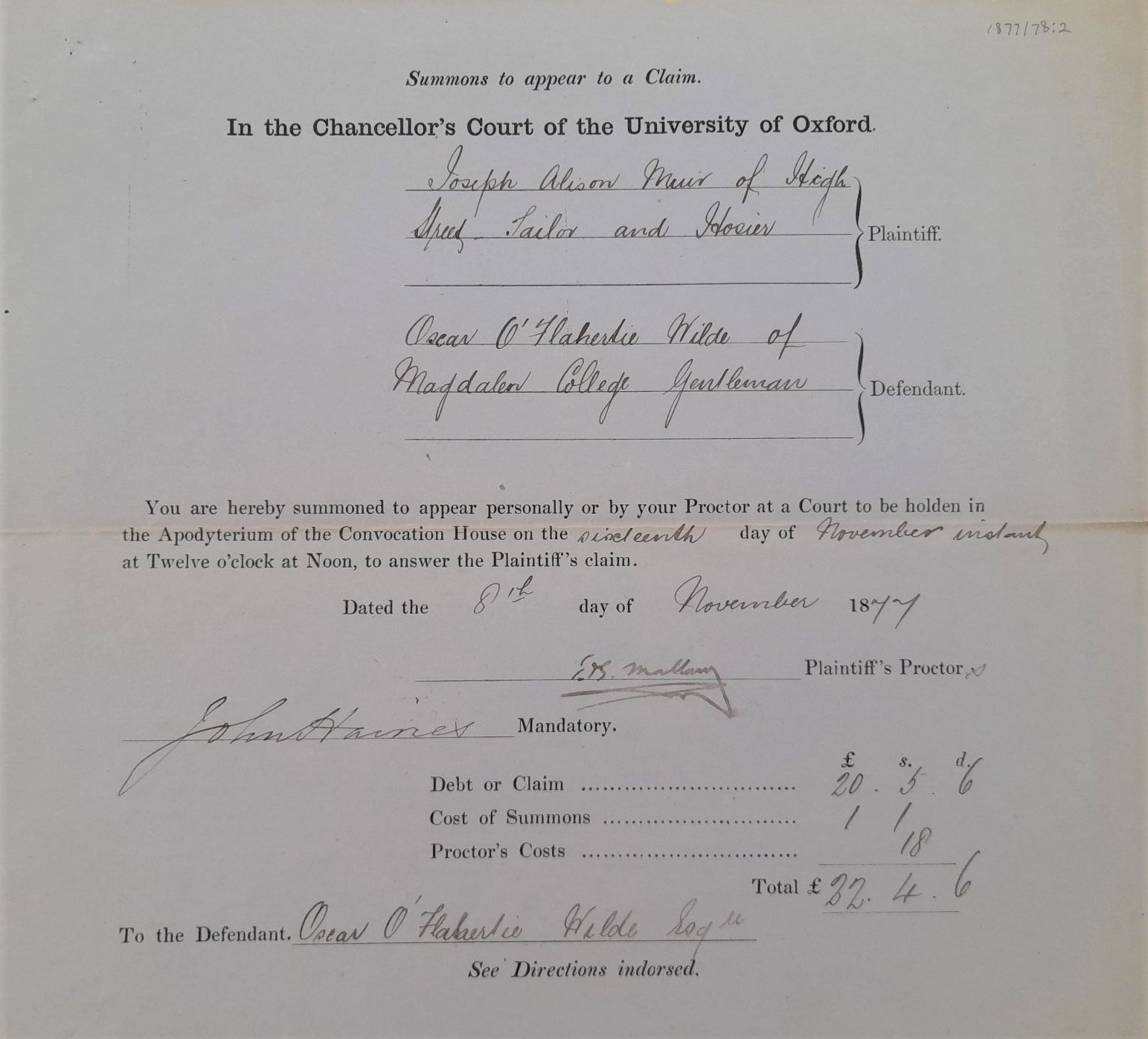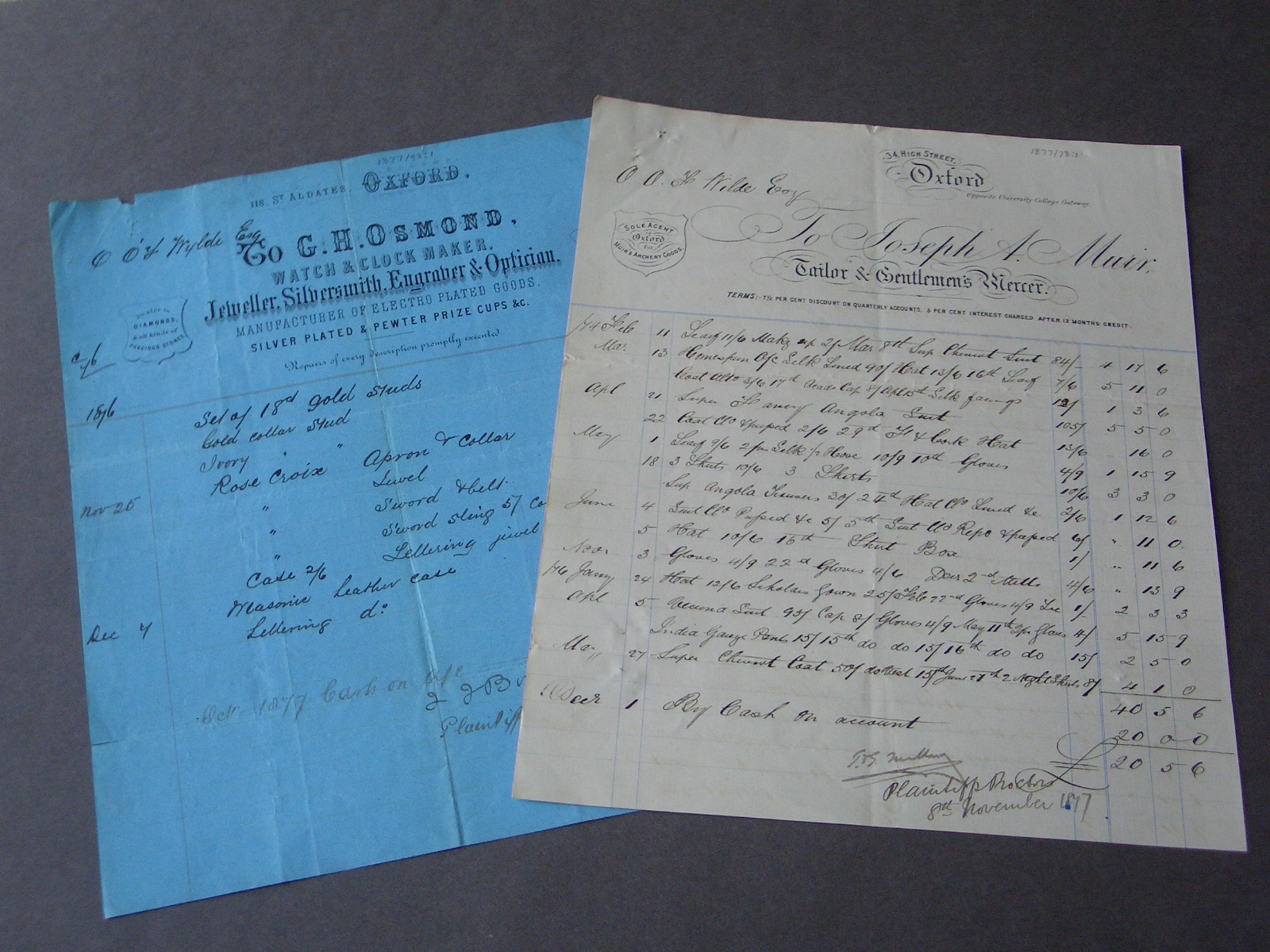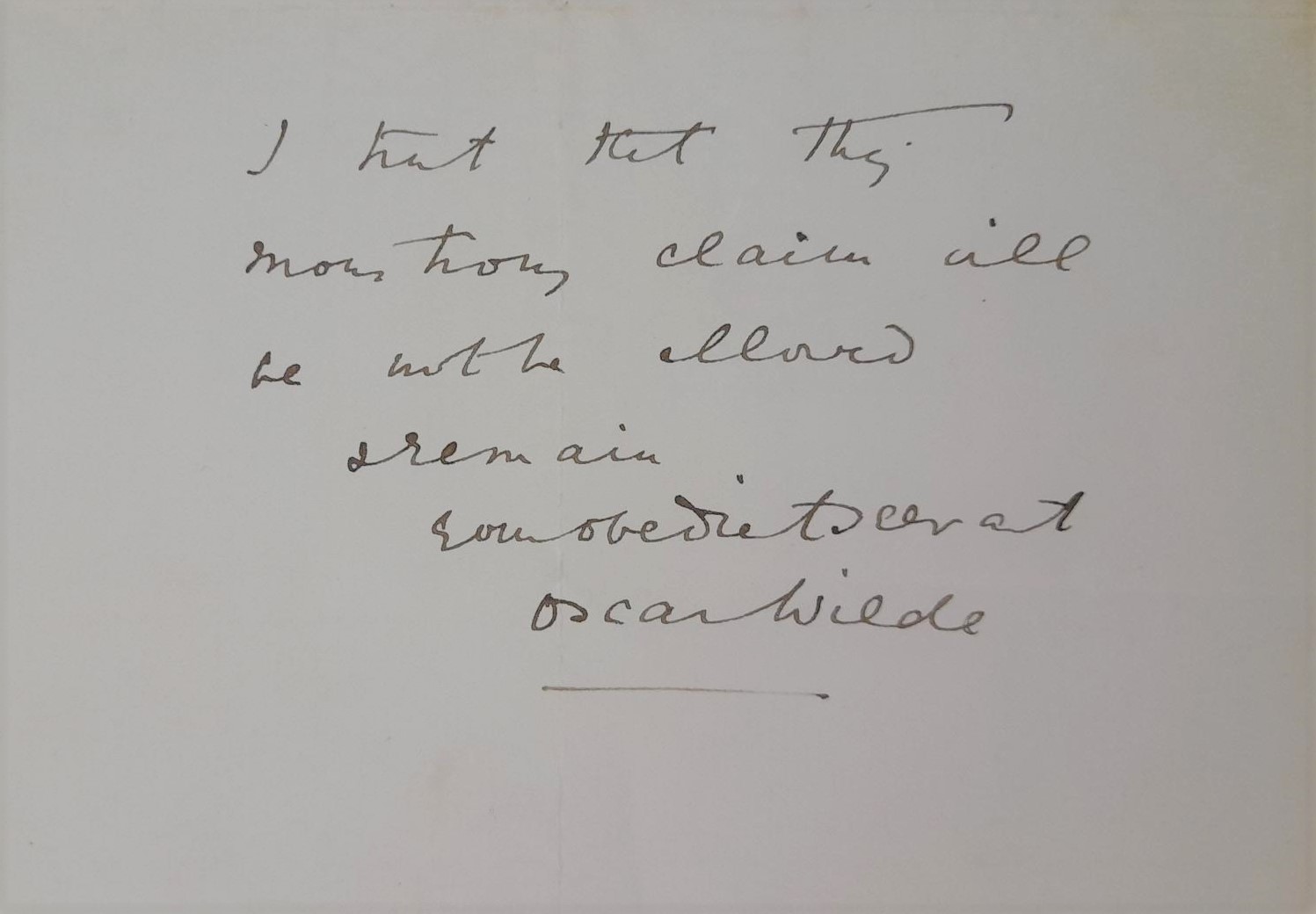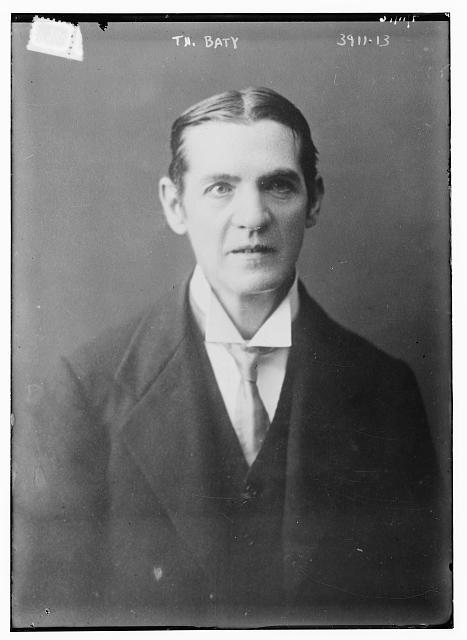 Written by Kasturi Pindar, Bodleian Libraries intern, Summer 2023
Written by Kasturi Pindar, Bodleian Libraries intern, Summer 2023
Ivor C. Treby (1933-2012) was a biochemistry teacher by profession, though outside of his professional life, he considered himself a gay literary activist, as well as being an avid traveller and a collector of sand. He is perhaps best known for his research and work on Michael Field, the pseudonym of the Victorian lesbian poets, Katherine Bradley and Edith Cooper. As a gay literary activist, he wrote his own poetry, which was published in magazines and journals internationally, and in collections released under his own imprint, De Blackland Press. He was also a member of the Gay Authors Workshop from its early years. By the time of his death, he had published five books on Michael Field and over 400 of his own poems. The motifs, imagery and sentiments found in his poems often reflects the various aspects of his life. Though his poetry is less well-remembered, his talent as a poet is clear when exploring his archive. Therefore, this post will highlight some of his poetry through the lens of his life experiences.
Born in Devonport, Plymouth, the son of a shipwright, Treby grew up by the coast. He lived here until he eventually moved to study, attending Exeter College, University of Oxford, where he studied biochemistry. The sea and the shore are themes that run throughout his poetry, testifying to the influence of life by the sea on his formative years. Many of his poems link the sea to his coming-of-age, or to romantic and sexual encounters that impacted his life. Others, such as ‘Respite’, simply express a feeling of calm and restful detachment that he felt when near the sea. His poem, ‘Sea Light’, describes the sea as part of his heritage, as the son of a shipwright, but importantly too as a young, gay man. He references areas of Plymouth that he frequented as a teenager, during his coming-of-age. The first and fourth verses are reproduced below.
‘Sea Light’
The sea was part of my heritage
I know all the old nautical traditions
Have heard of the phantom toffee-gobbler
Could give lessons on how to blow the man down
In a variety of interesting positions
…
Whenever I see a sailor now, I am back on Citadel Hill
Of an autumn twilight. Across the Hoe’s windy arena
The matelots come. My lads do you still
Walk the Barbican, and wait in Devonport Park
Still relish the hand of a youth on your trouser-leg’s dark concertina?
…
MS. Treby 16 © Darren Perry
***
After graduating from Oxford, Treby moved to London to teach biochemistry, working at Concord College in Tunbridge Wells, then Chiswick Polytechnic, before moving to Paddington College (now City of Westminster College). In 1978, he was charged and convicted of gross indecency under Section 13 of the Sexual Offenses Act 1956. By this time, he was out to his family and his colleagues. Nonetheless, he was subjected to disciplinary proceedings by Paddington College, as well as intervention by the Department of Education and Science who considered determining him to be a person ‘unsuitable for employment as a teacher’ as a result of his conviction. Historically, his case is important as it shows the limitations of the 1967 Sexual Offences Act, which is commonly thought to have legalised homosexuality in the United Kingdom. Though the 1967 act legalised homosexuality under certain circumstances, research has shown that following the passing of the act, policing of homosexual activity increased, and convictions of homosexual men for ‘gross indecency’ went up by more than 300%. Men continued to be arrested for actions as small as winking and smiling at other men in the street, or public displays of affection such as kissing and cuddling.
As his career was jeopardised by the Department of Education and Science, Treby defended himself vocally. In a written response to the Department of Education and Science, he wrote:
I feel myself under no obligation to give a ‘full explanation’ of a matter which,
(a) is totally irrelevant to my abilities as a teacher
(b) could only have arisen in a society with a grotesque attitude toward a minority of its people who obtain sexual fulfilment and love with adult members of their own gender. Kindly note the word love.
His conviction, and his vocal defence of himself, testify to how difficult it was to be openly gay, even 10 years after homosexuality had been supposedly legalised in the UK. His poem, ‘We Who Burn’ was written the year after the Sexual Offences Act 1967 and was one of his earliest open avowals of his sexuality. It was first published in The Gay Journal in the year of his conviction. The poem explores what it meant to Treby to be gay in the mid-twentieth century. Themes of silence, death and darkness are interspersed with the loss of youth and a reference to ‘cottages’. Writing about the poem later in life, Treby suggested that it may ‘have a permanent place in the history of gay poetry.’







